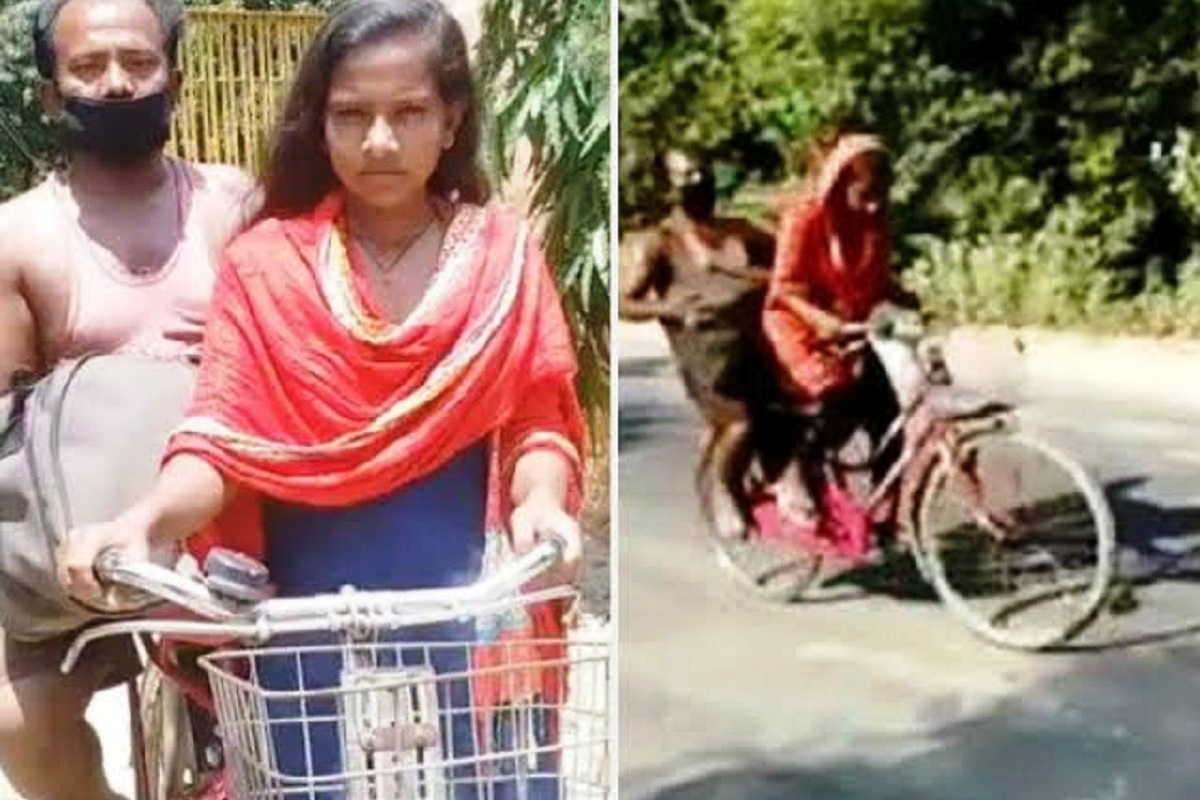The much-talked-about “Mukhyamantri Balika Cycle Yojana” of Bihar has been successfully replicated in Zambia, a remote African country. A study on the bicycle scheme introduced by the state government for school-going girls has served as a fountainhead for researchers to carry out a fruitful experiment in Zambia.
Prof Nishith Prakash of Northeastern University, USA, while sharing his in-depth study titled “Wheels of Change: Transforming Girls lives with Bicycles”, said here on Wednesday that a year after the intervention of the same Bihari model in Zambia, absenteeism of girls in schools had been reduced by 27 per cent, late arrival by 66 per cent and average commuting time to school by 35 per cent.
He informed that the model was subsequently taken up by the United Nations and unveiled in six more African countries.
The scheme, Mukhymantri Balika cycle Yojana, was launched in 2006 by the Bihar government. Under the scheme, every girl, a student of Grade Nine and above, would receive a cash amount to buy a cycle to commute to school.
The cycle scheme proved a runaway success in the state as it has effectively addressed major challenges faced by many an adolescent girl which includes risk of commuting to school; long distances at which the schools are located are not easy to cover on foot, and deep-rooted cultural inhibitions that come in the way of walking to schools.
Listing the benefits of the scheme, Prof Prakash said: “A desire to delay marriage and pregnancy to an optimal age was also induced in them (the girls).”
The professor and his research team have also found that the scheme improved attendance of girls and reduced their dropout rates by almost 40 per cent. This has inspired many Indian states to emulate the Bihar model.
A Patna-based research group, Asian Development Research Institute (ADRI), had organised Prakash’s talk on Bihar’s cycle Yojana. A faculty member of ADRI Ashmita Gupta said that he has been associated with ADRI for many years. She called the study a major success story which was much-needed by Bihar.
The study conducted by the International Growth Centre (IGC) also found that the number of girls appearing for matriculation examination increased from 1.87 lakh in 2005 to 8.37 lakh in 2020.
The IGC works with policymakers in developing countries to promote inclusive and sustainable growth through path-breaking research.











